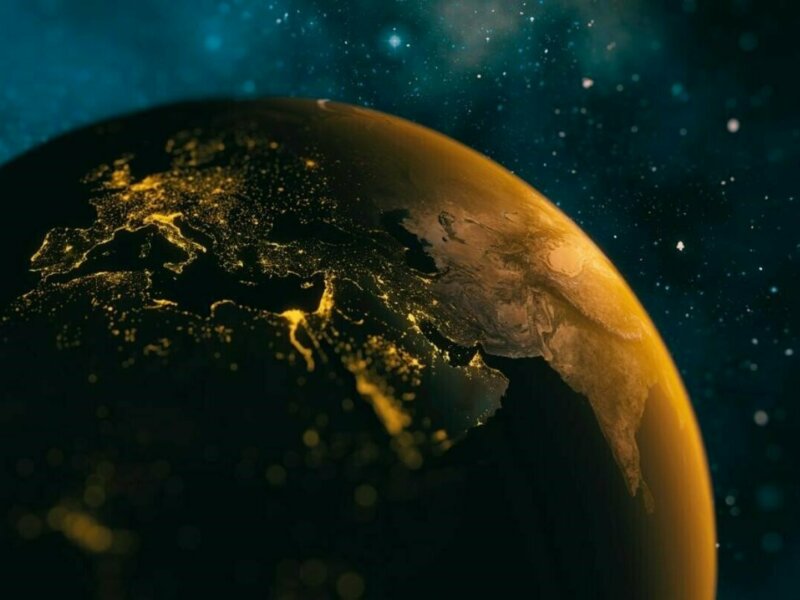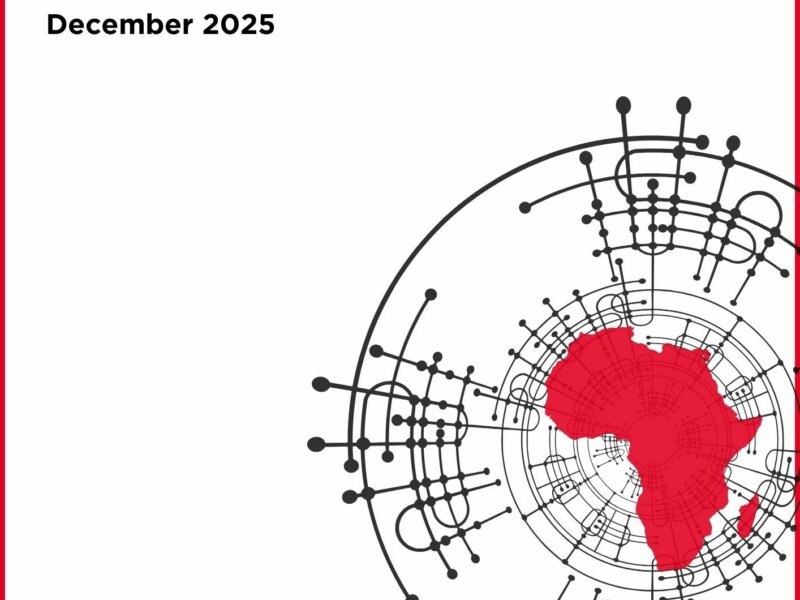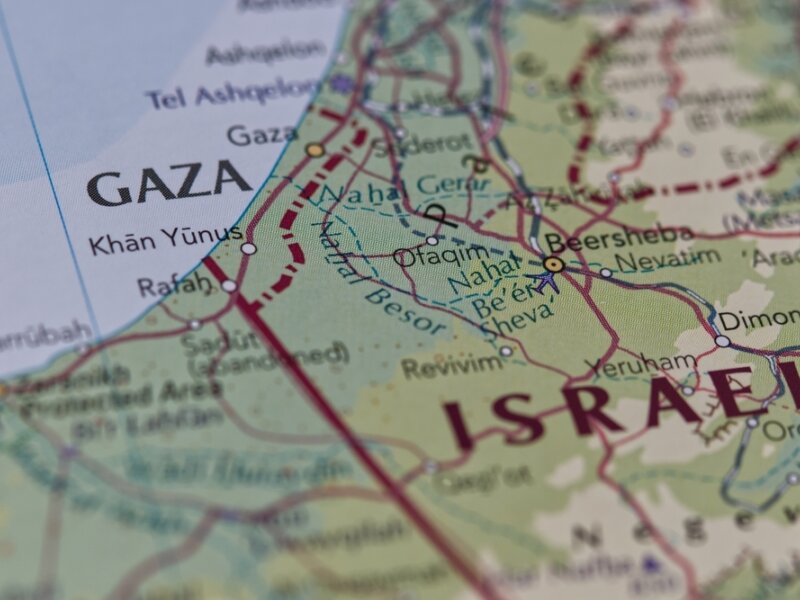Iran, Israel & US: Experts Assess Ceasefire and Future Scenarios
The guns may have fallen silent for now, but few believe the crisis between Israel and Iran has been fully resolved. That was the clear message from a high-level webinar hosted on 2 July 2025 by the Med-Or Italian Foundation and Fondazione Eni Enrico Mattei (FEEM), which brought together leading experts to assess the geopolitical, security, and energy consequences of the confrontation.

With nuclear risks lingering, regional tensions simmering, and energy markets exposed to disruption, the discussion reinforced what many already fear: the Middle East remains dangerously close to renewed instability. Reflecting on the debate, Umberto Tavolato stressed the importance of diplomatic efforts: “We must give the US-Iran negotiations a chance, I believe. The next weeks will be critical to see whether a Trump nuclear deal is doable, which will most likely require the Iranians to renounce their ambitions to build a bomb - or whether Iran decides to expel the IAEA and withdraw from the NPT, triggering a new crisis. There is also the real possibility that Iran will maintain ambiguity, pushing the responsibility back onto the US.”
The expert panel included Sima Shine, Senior Adviser at Israel’s Institute for National Security Studies; Giorgio Cafiero, CEO of Gulf State Analytics in Washington; and Andreas Economou, Head of Market Research at the Oxford Institute for Energy Studies. The discussion was moderated by Umberto Tavolato, Director of Special Projects at Med-Or.
Ceasefire or Intermission?
While fighting has paused, a ceasefire is expected to hold, and markets have reacted positively, Tavolato made clear that this is no guarantee of long-term stability. “Iran’s capacity to build a bomb has been delayed – perhaps of years – but its nuclear ambitions might have not been dismantled - only deferred,” he stated. If there is no agreement between US and Iran in the coming weeks or Tehran’s chooses an ambiguous stance on negotiations, coupled with its nuclear stockpile and advanced missile capabilities, one cannot exclude a further escalation.
The panel highlighted that in such scenario Iran could suspend cooperation with the International Atomic Energy Agency or withdrawing altogether from the Nuclear Non-Proliferation Treaty - both of which would sharply raise tensions. Without progress in US-Iran diplomacy in the coming weeks, renewed UN sanctions are likely to return to the international agenda. Yet, as underscored at the event, sanctions alone will not resolve the underlying nuclear threat, nor prevent further targeted strikes by Israel if its security concerns remain unaddressed.
The Gulf Walks a Tightrope
The discussion also exposed the delicate balancing act facing Gulf states, many of whom are working to avoid becoming collateral in a wider regional conflict. With their economies increasingly tied to stability, countries like the UAE and Saudi Arabia are pursuing parallel tracks - maintaining quiet diplomacy with Iran, while trying to preserve strategic relationships with Israel and the West.
The UAE, uniquely positioned with ties to both sides, could emerge as a behind-the-scenes broker. Yet formal Saudi-Israeli normalisation remains unlikely - the Gaza conflict, domestic public opinion, and regional dynamics all weigh heavily against it.
The broader environmental and economic consequences of any escalation were also raised. Nuclear contamination risks and potential shipping disruptions through the Strait of Hormuz would have immediate and profound implications for the Gulf and beyond.
Energy Markets: Cautious, But Adapted
Global energy markets initially reacted with alarm to the confrontation, with oil prices spiking on fears of supply disruptions. Yet, as the panel noted, prices stabilised quickly, reflecting improved market resilience to geopolitical shocks compared to previous decades.
Nonetheless, key vulnerabilities remain. Scenarios outlined by experts ranged from limited, localised disruptions to severe regional escalation - including the unlikely, but catastrophic, closure of the Strait of Hormuz. Any such development would send shockwaves through global energy supply chains, with implications for both producers and consumers.
What Lies Ahead
For now, the region remains in a fragile equilibrium. The ceasefire has de-escalated immediate risks, but the structural drivers of instability - from nuclear competition to unresolved conflicts - persist.
Tavolato concluded with a clear warning: “The Mediterranean cannot afford to view these events as distant. Instability in the Gulf reverberates across Europe, through security, energy, and migration channels. A lasting solution will require sustained diplomacy, regional restraint, and credible pathways to address the nuclear question as well as the war in Gaza. These steps are essential to pave the way for a more moderate and stable Middle East - creating the conditions for eventual normalisation of relations with Israel.
At the same time, the discussion made clear that the strategic landscape has shifted significantly. Iran has taken a serious blow - militarily, diplomatically, and in terms of its deterrence posture - and is in a much weaker position today than it was before October 7. Conversely, Israeli Prime Minister Benjamin Netanyahu emerges from this confrontation politically strengthened, both at home and across parts of the region, with a broader coalition and renewed strategic leverage.
The Med-Or Foundation will continue to provide a platform for informed debate and strategic analysis on these critical issues, providing Italian and Mediterranean stakeholders insights on the evolving dynamics of the wider region.



